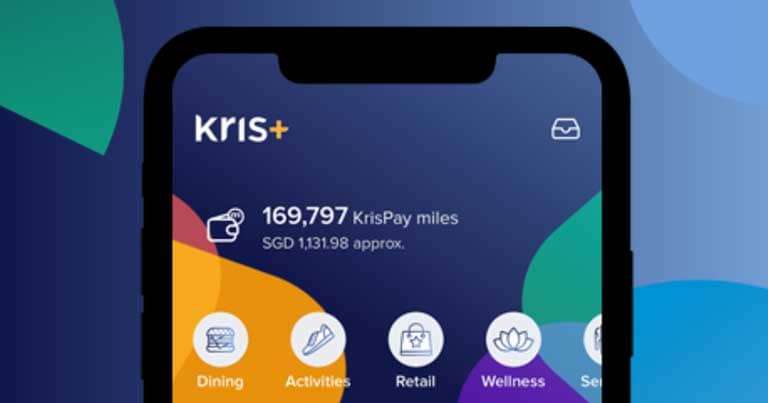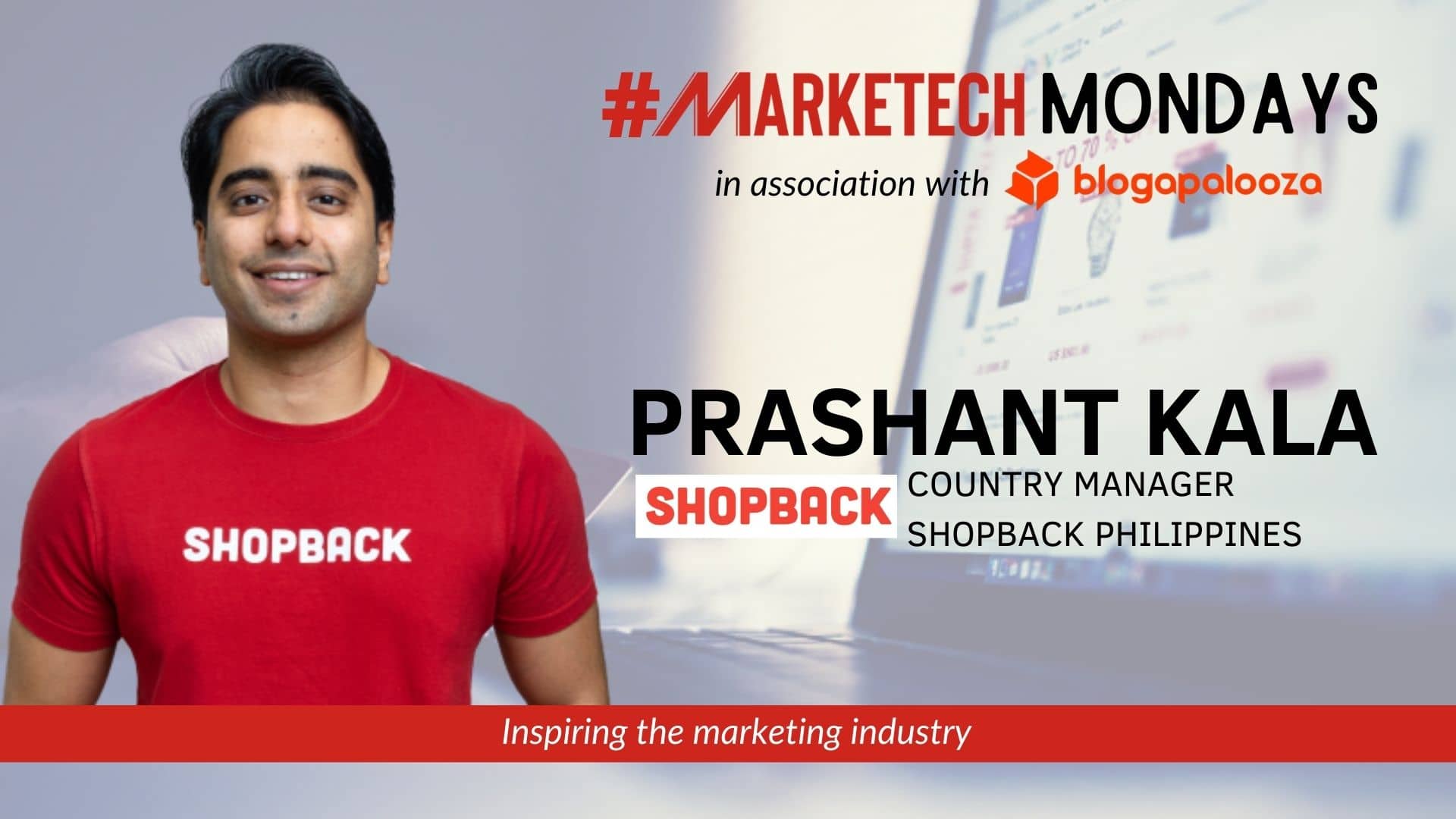Manila, Philippines – Popular coffee chain Starbucks in the Philippines recently came under fire after a signage from one of its local chains limiting discounts for PWDs and senior citizen went viral on social media. In it, the signage noted that said discounts will be only limited to ‘one food item and one beverage only per visit.’
Following this, a government hearing ordered by House Speaker Martin Romualdez summoned representatives from Starbucks Philippines to discuss the said issue. During the hearing, Angela Cole, operations manager at Starbucks Philippines; apologised and clarified there was an error in their advisory, saying it was not properly worded.
“We are taking full accountability and acknowledge the mistake. We are disappointed at the confusion we caused because of the erroneous signage,” Cole said.
However, many lawmakers still point out that Starbucks wasn’t sincere with their apology, with some stating that Rustan’s Coffee Corp, the local Starbucks licensee, should substantially correct its mistake by doing promos such as making a buy-one-take-one offer to senior citizens and PWDs, like buy one croissant, take one beverage.
To learn more about how online social sentiment for this fiasco unfolded, MARKETECH APAC tapped insights from social media monitoring Digimind to learn more about the numbers and insights regarding this local Starbucks issue.
A constant growth of negative sentiment
According to the data Digimind recorded from January 11 (the date when the signage’s image went viral) to January 19, the fiasco got around ~328,000 people online talking about it, and was mentioned around ~556,000 times with around 20 million estimated online reach.
The news reached its peak by January 17, which saw a +190% increase in online engagement since the image was first posted. Digimind notes that this news recorded a negative sentiment score of -27%. This change started drawing flak from netizens for its alleged violation of anti-discriminatory laws against PWD and the elderly.

For context, under the ‘Expanded Senior Citizens Act’ and ‘Act Expanding the Benefits and Privileges of PWDs,’ PWD and senior citizen beneficiaries are entitled to a 20% discount and exemption from value-added tax on some goods and services.
Digimind also noted that a significant portion, approximately 20%, of recent Twitter conversations related to Starbucks reflects a noteworthy sentiment of dissatisfaction, prominently featuring the term ‘boycott.’
For Digimind, this surge in online discourse signifies a considerable level of discontent among users. Various reasons have been articulated for advocating a boycott, with the recent alteration in Starbucks’ discount policy emerging as a pivotal point of contention.
Jared Silitonga, marketing lead at Digimind, said, “Adding complexity to the discourse surrounding Starbucks, it has come to light that the recent discontent among internauts has been exacerbated by the apology given by Starbucks associated with the changes in the discount policy. The company’s apology, brushing away the error as “erroneous”, has been a pivotal development in the ongoing narrative.”
He added, “The apology, while a step towards transparency, seems to have unintentionally intensified customer dissatisfaction. The amplification of discontent could be attributed to a variety of factors, including the manner in which the apology was communicated or perhaps a deeper-seated frustration stemming from perceived insensitivity or lack of responsiveness.”
Netizens still defend discount policy change
Looking into the data that Digimind had collected, the negative sentiment against Starbucks Philippines focused more on questioning why the coffee chain should decide the limitations on the PWD/senior citizen discount despite it being government-mandated, as well as the discount limitation being ‘discriminatory’ against the certain demographic.
This sentiment also spills over to some netizens desiring to boycott the coffee and instead move to competitor coffee chains or support small-and-medium coffee chains locally.

Despite this, some netizens are defending said discount policy, stating that there are instances where the PWD/senior citizen discount is often allegedly misused by users and are used repeatedly in an establishment. Moreover, some netizens argue that the discount should instead be only used on essentials and not through expensive items.
“Looking beyond the negative sentiment, there are also internauts who commend the policy change aimed at reducing abuse of the system designed to benefit the elderly and PWDs. These supporters view the change as a way to explicitly protect the rights of a minority group within Starbucks’ customer base. Some argued that it is worth considering how other establishments do not provide any discount at all,” Silitonga noted.
How to address corporate social responsibility issues
In terms of what Starbucks should do in terms of addressing these issues properly, Silitonga offers a piece of advice related to balancing its corporate social responsibility and the cultural nuances in the Philippines.
“In the context of the Philippines, where Starbucks holds a significant market presence, the impact of this message and subsequent apology takes on added significance. The local nuances and cultural considerations must be carefully considered in addressing the concerns raised by the community. Starbucks may need to engage in a more targeted and culturally sensitive communication strategy to navigate the intricacies of the Philippine market,” he said.
He added, “From a broader business perspective, this situation highlights the importance of crisis communication and the delicate balance required in managing online reputation. This fiasco has not only triggered dissatisfaction but has also highlighted the need for meticulous planning and expeditious execution when communicating changes, especially those that directly impact customer experiences.”








